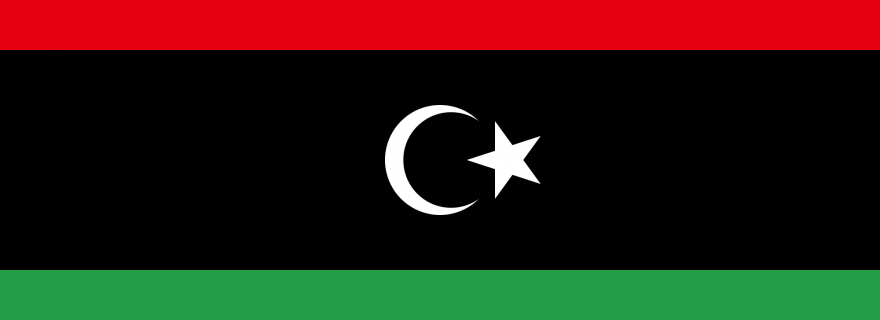The Role of Sharia in the New Constitution for Libya
In the process of making a new constitution for Libya, one of the key issues is the role that Sharia will play. The main question in current discourse in Libya seems to be not whether Sharia will have a role, but how its role will be spelled out.
In the process of making a new constitution for Libya, one of the key issues is the role that Sharia will play. The main question in current discourse in Libya seems to be not whether Sharia will have a role, but how its role will be spelled out.
The Constitutional Drafting Assembly (CDA) was elected on 20 February 2014 with the task of drafting a new constitution for Libya. This is an arduous undertaking in the context of extreme insecurity and instability currently facing the country. One of the biggest challenges in drafting and making a new constitution is harmonizing the relationship between religion and state. More specifically, how will the role and influence of Sharia be incorporated in the constitution?
Challenges to unity in Libya are often framed in terms of ‘Islamist’ versus ‘Secularist’. Such narratives, however, fail to acknowledge the complexities of the situation and the nuances of different standpoints. Studies have shown that there is a general consensus among Libyan people that Sharia should be part of the constitution. Findings from the 2013 National Comprehensive Survey on the Constitution, conducted by Benghazi University, revealed that an overwhelming majority of Libyans want Sharia to be a source of legislation. The disagreement lies primarily in whether Sharia should be the only source of legislation, the main source or one of the sources.
Needless to say, there are Libyans who believe that Sharia should not be incorporated in the constitution in any way, but they seem to be a minority. To frame the discord as one between Islamists pushing for a dominant role of Sharia in the constitution, and Secularists rejecting any role of Sharia, is too simple and does not contribute to reconciling the differences.
The eight thematic committees of the CDA published their first draft chapters in December 2014. These chapters, covering different issues, were made available to the public in order to raise awareness, garner input from the Libyan people, and stimulate unity and consensus in the constitution making process. There is a long way yet to go before realizing these goals. This is evident in the texts of the draft chapters, that reflect the ambiguities and different opinions regarding the role of Sharia. Discrepancies in interpreting the role of Sharia are particularly evident when comparing the first chapter, on form of the state, and the sixth chapter, on rights and liberties.
Article 8 of the chapter on ‘Form of the State’ specifies the sources of legislation. Part 1 of this article stipulates that: ‘Islam shall be the religion of the State, and provisions of the Islamic Sharia shall be the source of all legislations. Any legislation in violation thereof may be not enacted. All legislations enacted in violation thereof shall be null and void.’ Thus, according to this article, Sharia is the only source of legislation.
The draft chapter on ‘Rights and Liberties’ demonstrates a different view on the role of Sharia. It does recognize at the outset that the provisions on rights and liberties must be based on ‘[p]romotion of values that characterize a democratic society under the intentions and principles of the Islamic Sharia’. Nevertheless, the chapter as a whole does not consider Sharia to be the only source of legislation, nor does it assume that Sharia overrides other sources of legislation. This chapter includes clauses calling for equality between men and women, prohibition of discrimination against women, freedom of expression and thought, equal employment opportunities, and the right to participate in political life.
The ambiguous status of Sharia in the new Libyan Constitution is cause for consternation within Libya. The embrace of Sharia in Libya has also ‘raised eyebrows’ abroad, particularly when it comes to women’s rights. While western media often shuns any role of Sharia in the constitution, Libyans themselves by and large appear to embrace Sharia but disagree on the details of its role and interpretation.
Rights and liberties could be superseded by Sharia, or protected through the principles of Sharia. It all depends on how Sharia and its role in the constitution is interpreted. Civil society groups such as The Voice of Libyan Women are aiming to achieve women’s rights through Islam, rather than in opposition to it. The narrative ‘Islamist’ versus ‘Secularist’ obscures the nuances that are at the heart of the debate. It is time to move beyond this simplistic rhetoric.



0 Comments